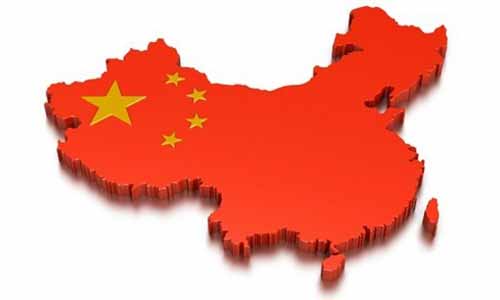
One China Policy – Review, Refresh and Reset
Tue, 20 Oct 2020 | Reading Time: 6 minutes

In an unprecedented move, the Chinese embassy in New Delhi issued a statement asking the Indian media to refrain from referring to Taiwan as a ‘Nation State’, thus demonstrating both its sensitivities on the issue of ‘One China policy’ as also its arrogance in advising an independent responsible Indian media. This at a time when nearly 100,000 troops face each other along the high Himalayas, wherein China violated the nearly five decades old ‘Peace and Tranquility’ prevalent along the 3488 km long India – China (Tibet Autonomous Region) Border.
Ahead of Taiwan’s National Day on October 10, the Chinese mission in Delhi asked Indian media to follow the “One-China” policy and not refer to Taiwan as a “nation”. In a letter to the Indian media, the Chinese mission said, “would like to remind our media friends that there is only one China in the world” and the “Government of the People’s Republic of China is the sole legitimate government representing the whole of China.” Further explaining, “Taiwan is an inalienable part of China’s territory, all countries that have diplomatic relations with China should firmly honour their commitment to the One-China policy, which is also the long-standing official position of the Indian government.” The stress on “countries that have diplomatic relations with China should firmly honour their commitment to the One-China policy” must have been noted by all nations worldwide, big and small.
One China policy is a core national interest of China, along with the continued Rule of the Communist Party of China (CCP). It is in this context that the People Republic of China (PRC) propagates “One China” policy as a precondition for all nations to establish diplomatic ties with it. This ensures that the countries first acknowledge Taiwan and Tibet as part of Mainland China, and second, the countries choose between either supporting the PRC or the Republic of China (ROC)/ Taiwan. The CCP seeks to influence the world, in preserving the power of the party. China’s political system is a core interest, as many documents ranging from the Constitution of the PRC to the white paper China’s Peaceful Development make it clear. Many of the threats to the CCP and its political system occur in the realm of ideas, these cannot be defeated by kinetic means. The separatism of some Chinese ethnic groups, such as Uighurs or Tibetans, challenges the CCP’s portrayal of a multiethnic society, while Taiwan challenges the party’s narrative that it represents all the Chinese people. Article two of the National Security Law passed in 2015 defines the nearly unlimited expanse of what the party considers threatening. It is the information domain that China feels threatened, and hence the need to play on its vulnerabilities As China’s aggressiveness and arrogance has violated established practices and norms, it may be prudent to raise issues though well nuanced which hit at and hurt China’s Core national interests ‘One China’.
A responsible, risen, democratic India respects the sovereignty of all nations and as such has never interfered in the domestic issues of other nations, unless of course providing assistance on invitation as in accordance with India Sri Lanka 1987 accord and Maldives, November 1988 to restore the duly elected Government. On its part, India too expects that all nations respect India’s sovereignty and sensitivities and as such refrain from interfering in internal matters. Reciprocity is a cornerstone of diplomacy. “We support the One China policy. However, we expect you to also have a One India policy.” These were the words of the late External Affairs Minister, Sushma Swaraj spoken to the Foreign Minister of China, Wang Yi in June 2014. With the recent Chinese aggressiveness along the Line of Actual Control (LAC), its total and willful disregard for India’s territorial integrity, sovereignty and existing agreements, it is time for India to review, refresh and reset its China policy, in particular its acceptance and endorsement of “One China’ Policy. China’s belligerence has exceeded all established norms, not only along the LAC, but also in the South China Sea, East Sea, and the strait of Taiwan, where the PLAAF has openly challenged the hitherto fore established median line.
In addition to changing the status quo along LAC, China tried to raise the issue of Jammu and Kashmir in the United Nations Security Council, forcing the Ministry of External Affairs to issue a brief statement. “ We have noted that China initiated a discussion in the UN Security Council on issues pertaining to the Indian territory of Jammu and Kashmir, we firmly reject China’s interference in our internal affairs and urge it to draw proper conclusions from such infructuous attempts”. Though it was not the first such attempt, however in this particular instance China wanted to send an explicit message to India. That message is: Any attempt by India to twist it’s ‘One China’ policy will provoke an inevitable “appropriate retaliatory” Chinese response.
India – China relations are a set of contradictions, with phases of cooperation, competition, confrontation and conflict of interests. China is now indulging in its tried and tested strategy of ’military coercion’ to impose its will on India. Military Coercion has been a successful strategy for China practising the ‘Three Warfare Strategy’ to subdue nations for an expansionist agenda. China’s PLA practices the “Three Warfare Strategy” of public opinion warfare, psychological warfare, and legal warfare. Besides, China is also practising a three-pronged approach at the Geopolitical level, this being ‘Debt Trap’, ‘Wolf Diplomacy’ and ‘Military Coercion’ in seeking a bipolar world order. It is essential for the militaries, sinologists, and strategists to understand China’s “Three Warfare” strategy and the Geopolitical end game to be able to discern Beijing’s intentions and objectives. An Expansionist China seeks a Bi-Polar world challenging the US as the sole superpower. The arrogance and aggressive behaviour of China are a constant threat to peace in the world and the region. The COVID19 or the made in China Corona Virus has impacted the emerging world order. Chinese forces are not only demonstrating an unprecedented aggressiveness along the India- China LAC, but also in the South China Sea, Taiwan, Korea, East Sea, Vietnam, Philippines, Indonesia, and Malaysia. India will need to discern China’s intent and the larger strategic signals emanating from Beijing, in the geopolitical domain.
India on its part initially failed to discern China’s strategic intent along the LAC, as they carried out multiple transgressions violating all existing agreements, protocols, confidence-building measures and the Wuhan spirit. China too failed to correctly assess India’s resolute response along the LAC, and the anger and anguish of the people. The treachery at Galwan drove the proverbial final nail in the coffin of trust, peace and tranquility along the LAC, shattering the equilibrium. China once again proved an untrustworthy nation, with little or no regard for international agreements and norms, with utter disregard for India’s sensitivities. Despite numerous parleys at the military, diplomatic and political level, it appears obvious that there are hardened positions on both sides with no easy resolution in sight. As both prepare for the long haul and deployment to battle the harsh winters in the high Himalayas, where temperatures are low and tempers high, it is time for India to look beyond, and speak to China in the language it understands. The challenge for India is to deter China’s aggressiveness, and one way to deter China is to raise the costs for China in all domains, while standing firm along the borders, prepared for all eventualities. China should also feel the pain in the economic, diplomatic and political domain, and more importantly in the Informational domain. India needs to review and reset its China policy, in particular, its stance on ‘One China’ Policy. If India challenges the One China policy, it could unnerve China as One China is critically related to the issue of Chinese legitimacy and communist rule. This could also lead to other nations taking India’s lead, given that India is now not only a global player but a global leader. The world looks at India playing a leadership role in the emerging world order, post-COVID.
China has a deep-seated vulnerability on territorial issues owing to the critical linkage between territorial sovereignty and political legitimacy. The nation-building process in China is both incomplete and fragile and this exacerbates its territorial vulnerability. Viewed in this context, challenging the One China policy would certainly unnerve the Chinese. Thus, India needs to rethink its One China policy. Also, given Beijing’s disregard for One India policy, challenging the One China policy is not only desirable but also doable to tame belligerent China.

India on its part from a departure from the past did send out a subtle strategic signal to China in May as two BJP MPs — Meenakshi Lekhi and Rahul Kaswan — virtually attended the swearing-in ceremony of Taiwan President Tsai Ing-wen and also sent congratulatory messages. This obviously did not go down well with China as evident from their reactions. The employment of the all Tibetan Special Frontier Force (SFF) in the preemptive occupation of operationally important heights on South Bank of Pangong Tso dominating the strategic Spanggur Gap is a major concern for China as it demonstrates the support for Tibet and Tibetans, challenging the One China policy. The employment of Tibetan soldiers and unconditional support to Tibet cause has the potential of fuelling unrest in Tibet. India will need to review its position to leverage China’s vulnerabilities, ensuring a synergised approach to deter China’s aggressiveness. Taiwan and Tibet are two major vulnerabilities for China which India needs to exploit calibrating its stated position in a nuanced manner. China has always been concerned about the independent Indian media’s coverage of Chinese activities, indicating on several occasions the need for India to exercise control and restraint the media from any anti-China narratives. The letter to the media friends by the Chinese mission in New Delhi is indicative of their vulnerabilities to public opinion. These vulnerabilities need to be exploited. The lead taken by India will also encourage other nations to follow.
India’s challenge is to deter Chinese aggressiveness especially along the LAC, any perceived threat to ‘One China’ policy which is a core concern will force it to be more sensitive to India. It is imperative that India review, refresh and reset its China policy.
References
https://www.wionews.com/india-news/ahead-of-taiwans-national-day-china-asks-indian-media-to-follow-one-china-policy-333190
https://asiatimes.com/2020/08/bending-one-china-policy-costlier-for-india/
Post Wuhan – Is China back to military coercion? , The Financial Express
https://www.msn.com/en-in/news/world/post-wuhan-is-china-back-to-military-coercion/ar-BB14ptk5
Abanti Bhattacharya https://www.vifindia.org/2020/august/18/the-fallacy-of-one-china-policy
Disclaimer
The opinions expressed in this article are the author’s own and do not reflect the views of Chanakya Forum. All information provided in this article including timeliness, completeness, accuracy, suitability or validity of information referenced therein, is the sole responsibility of the author. www.chanakyaforum.com does not assume any responsibility for the same.
Chanakya Forum is now on . Click here to join our channel (@ChanakyaForum) and stay updated with the latest headlines and articles.
Important
We work round the clock to bring you the finest articles and updates from around the world. There is a team that works tirelessly to ensure that you have a seamless reading experience. But all this costs money. Please support us so that we keep doing what we do best. Happy Reading
Support Us





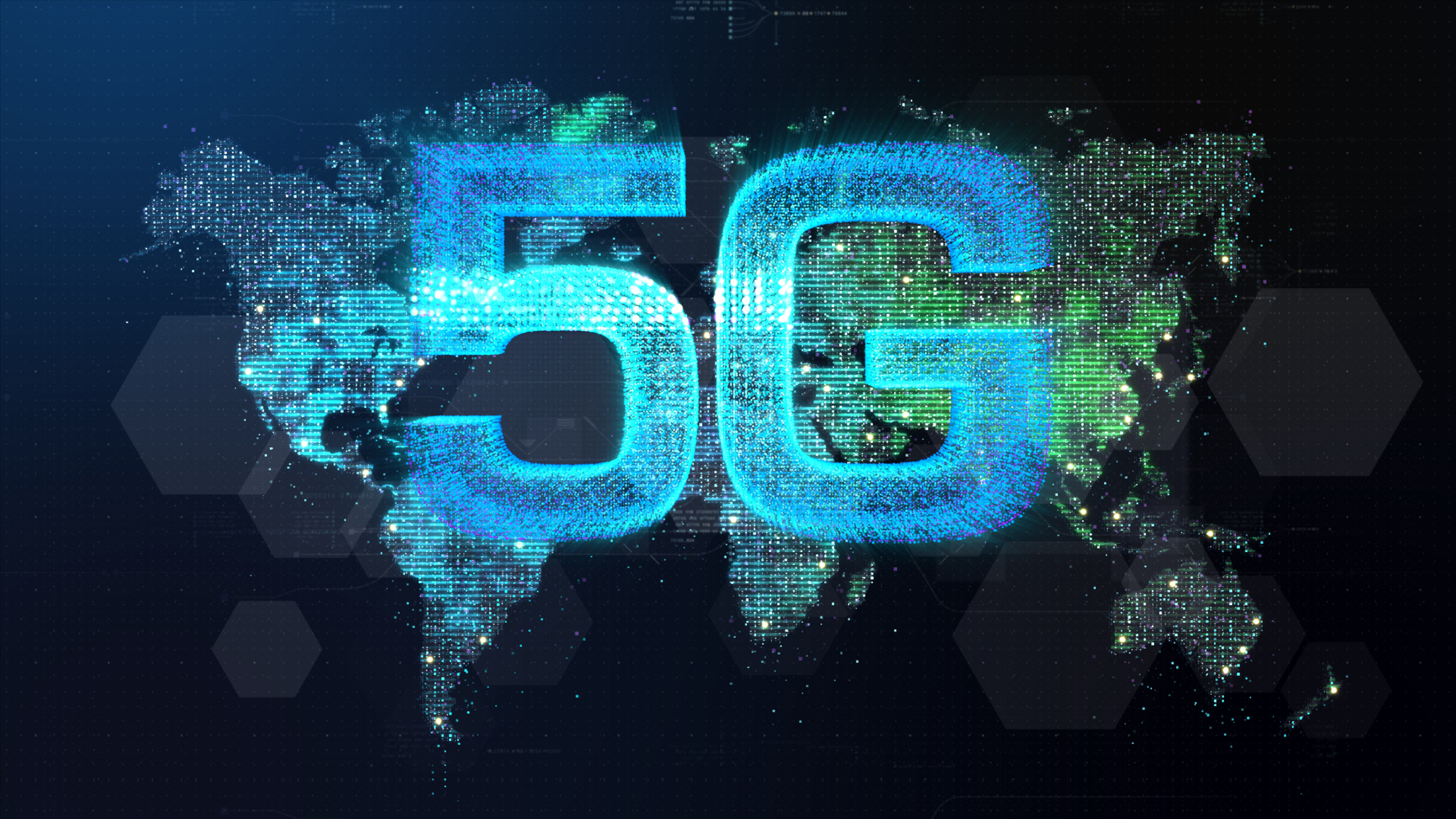
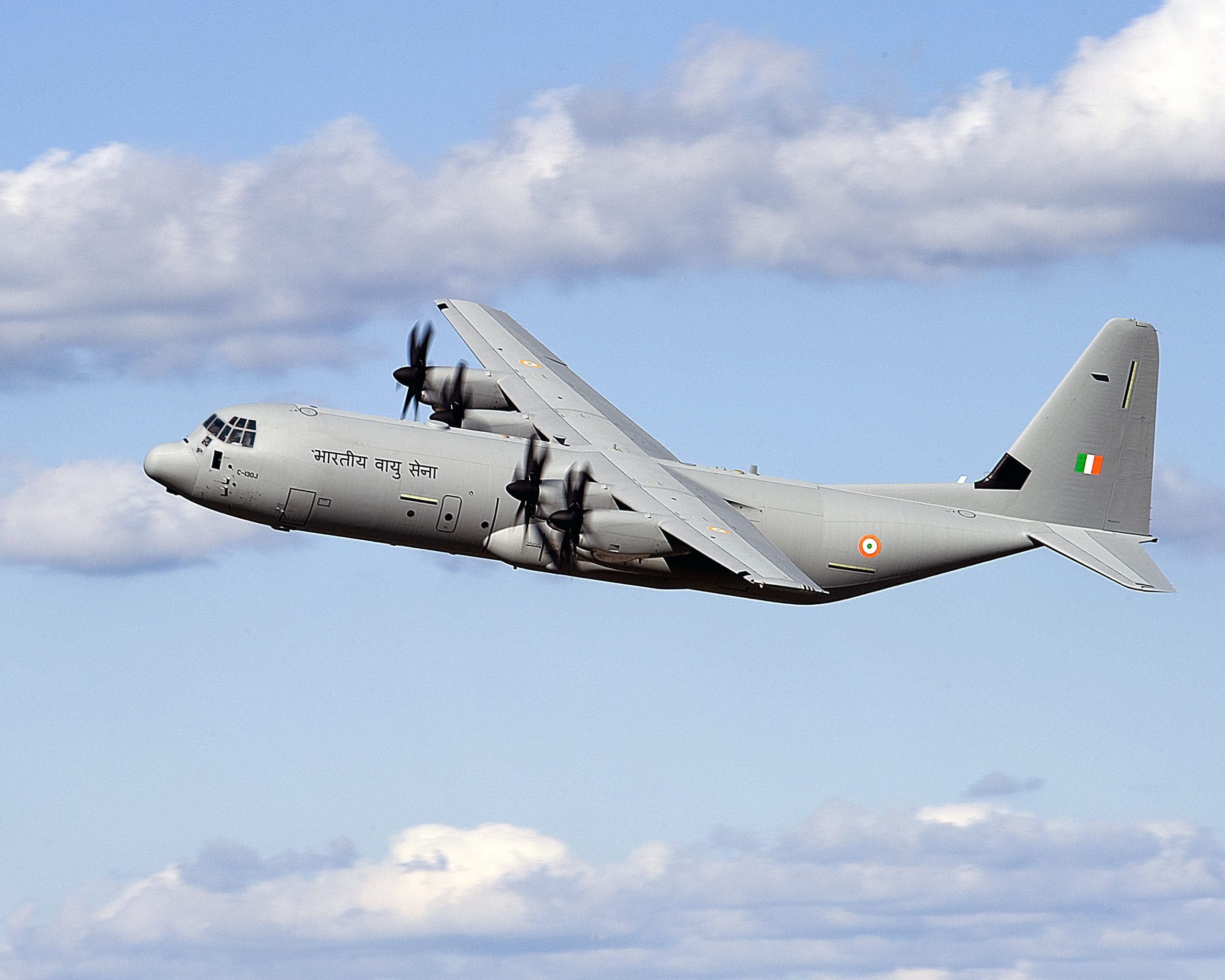

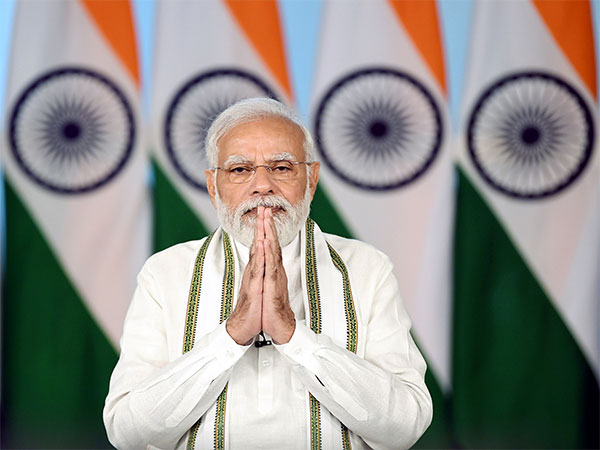
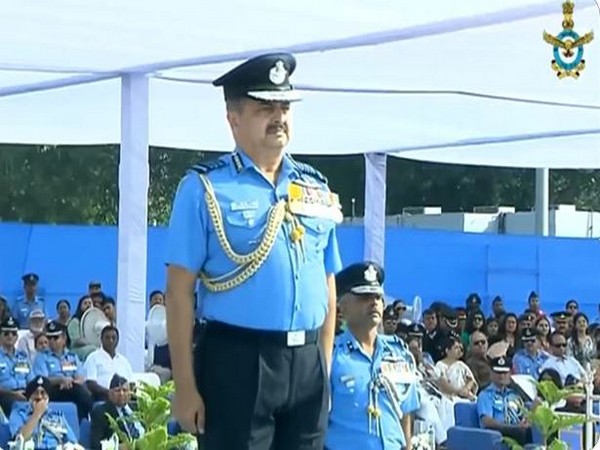
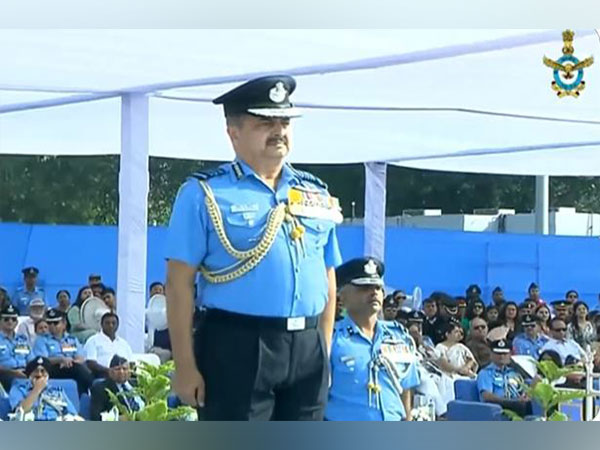

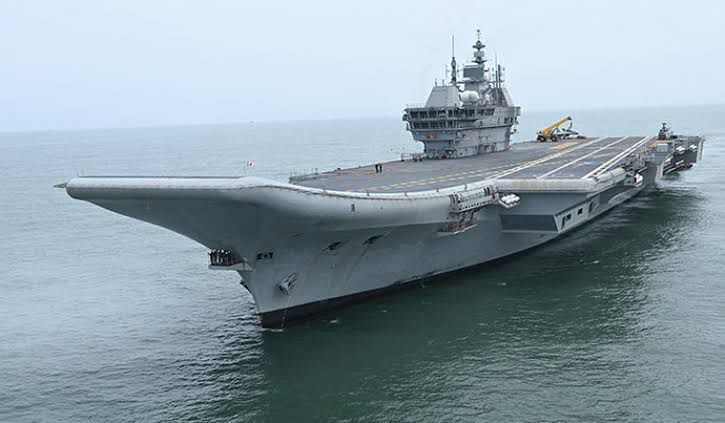







POST COMMENTS (0)